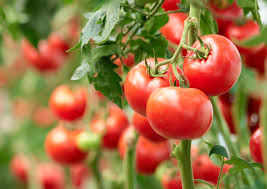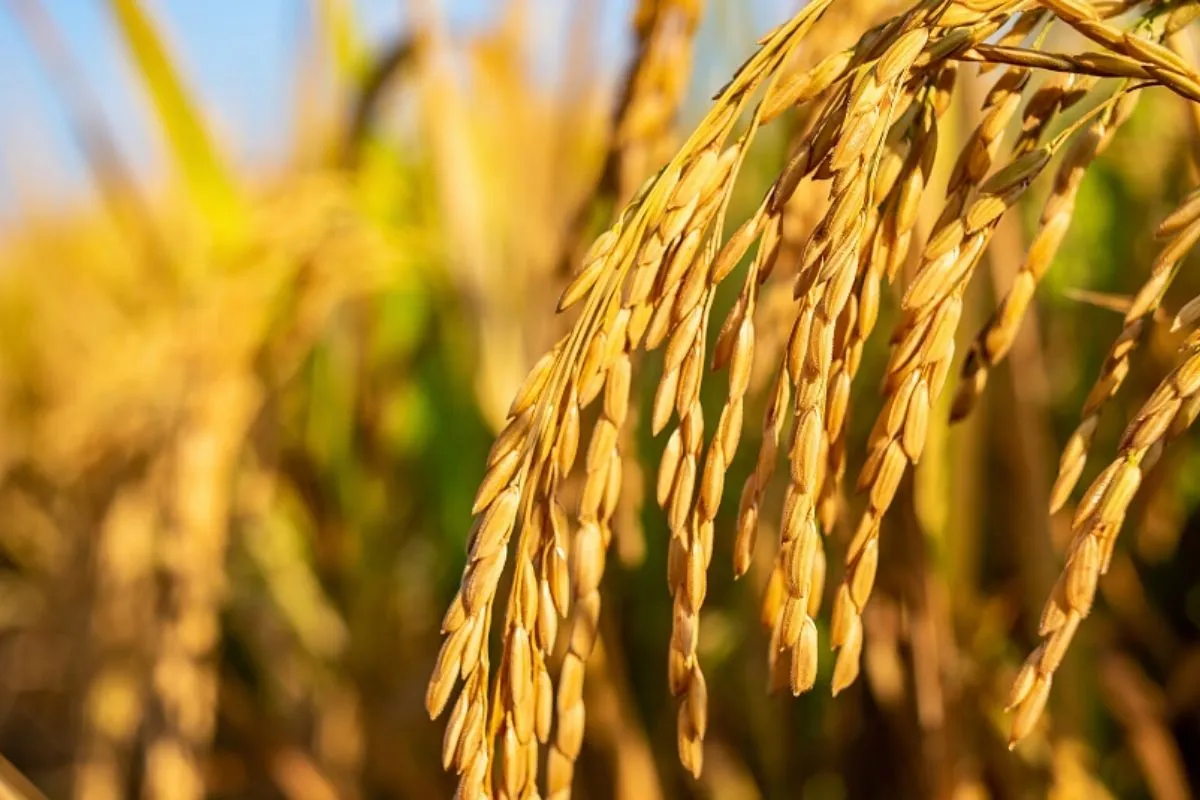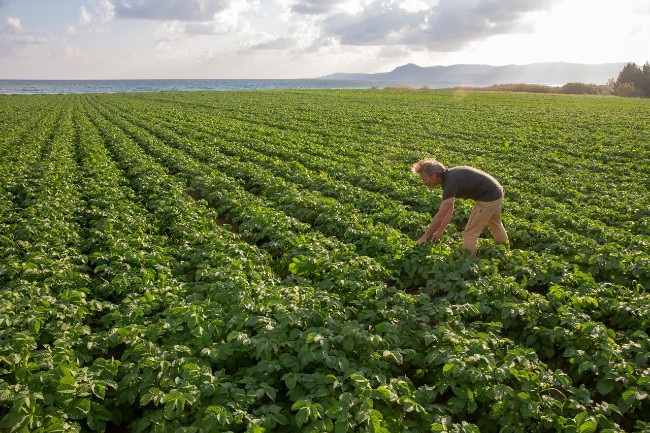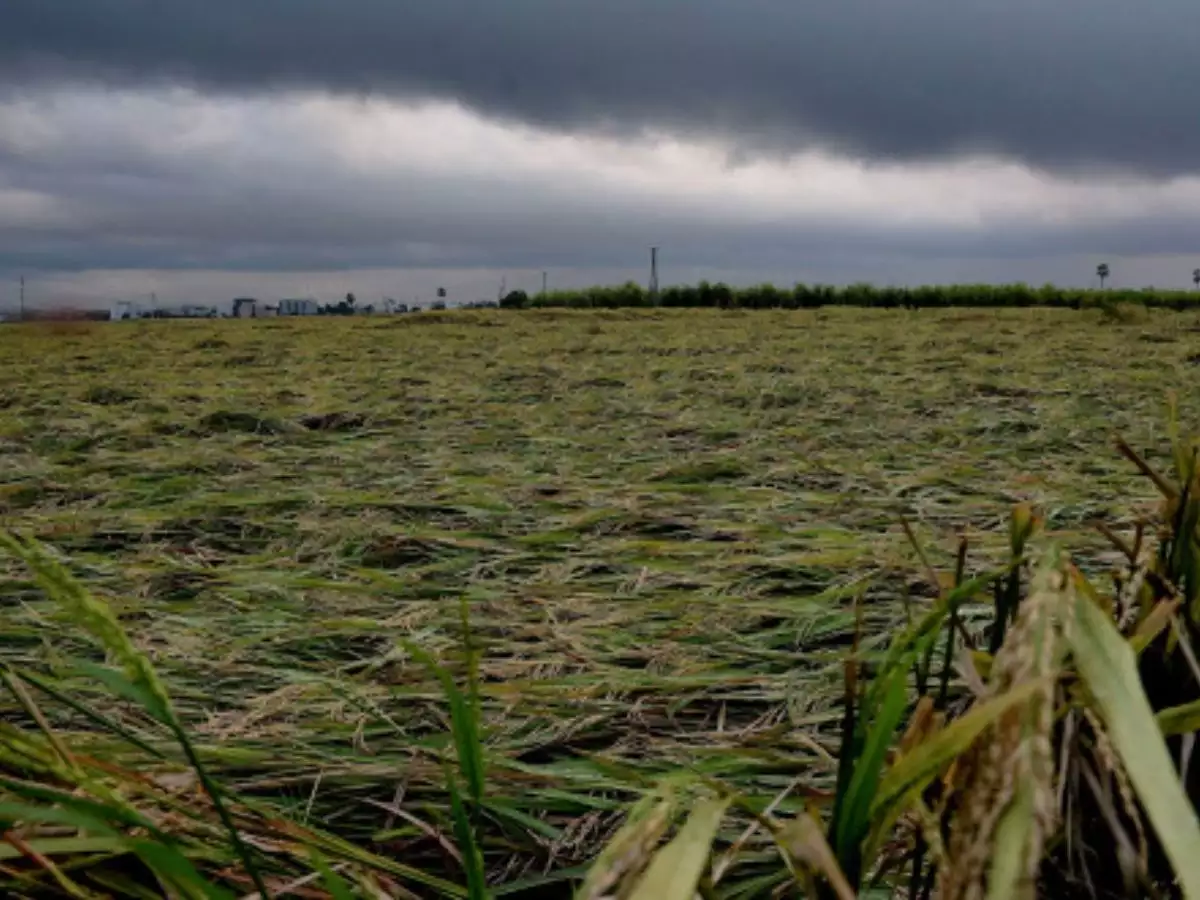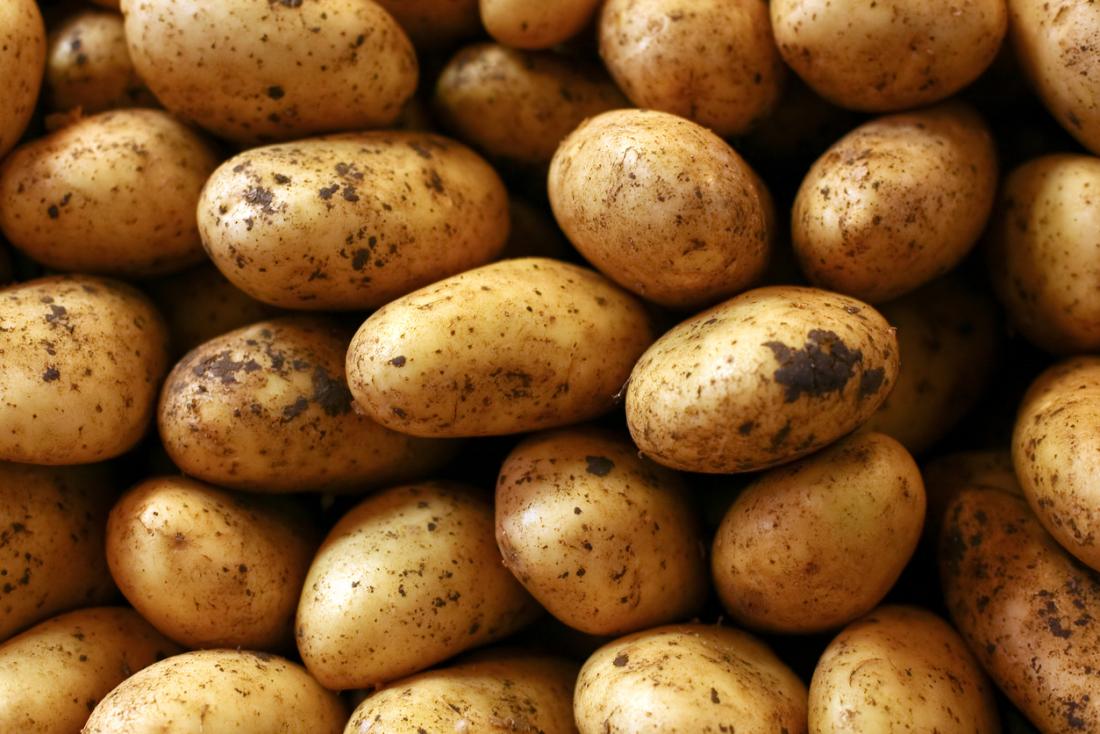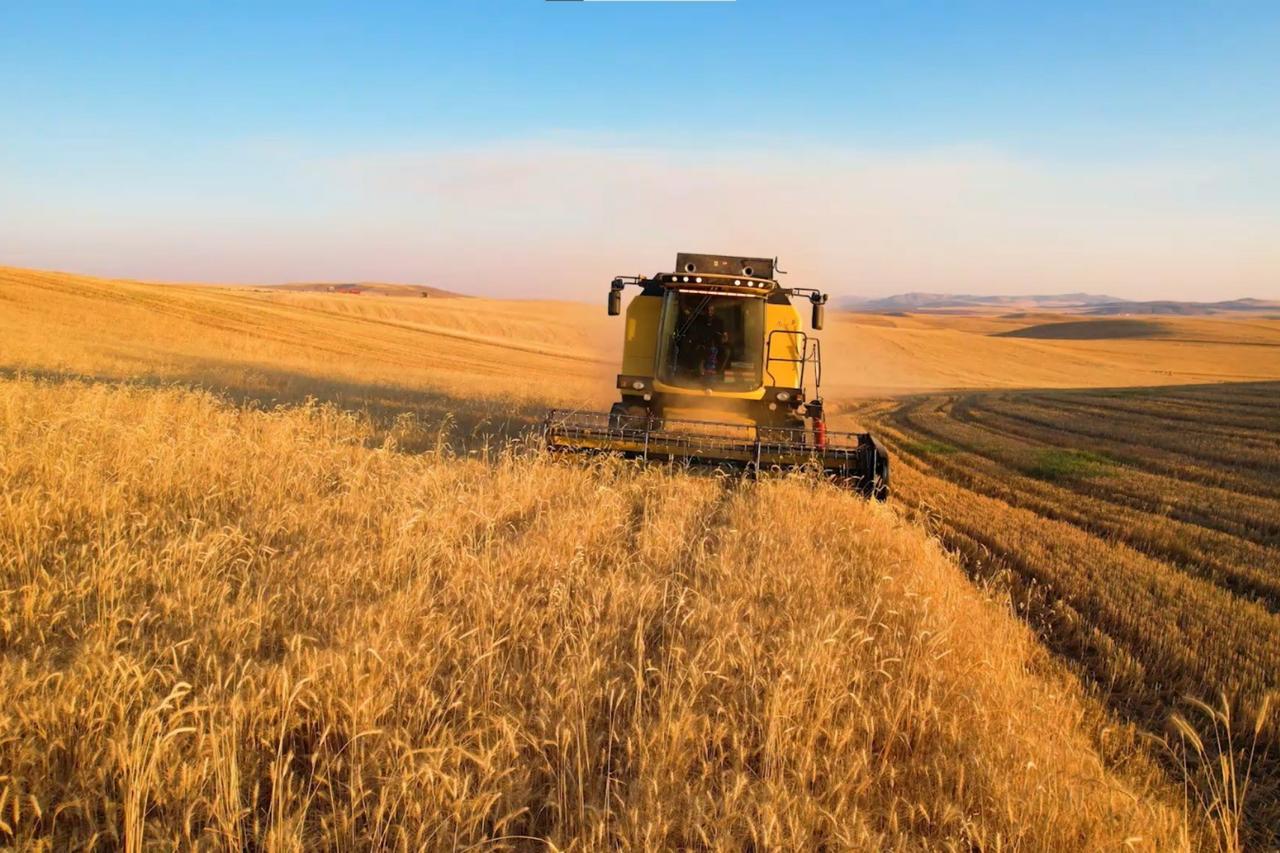Slovakia has joined the already extensive list of countries that have officially detected the tomato virus (ToBRFV) in their territory.
The country's ONPF recently informed the EPPO Secretariat about this first finding of ToBRFV in a 2.5-hectare greenhouse that produced tomato fruits (Solanum lycopersicum) in the municipality of Levice. As revealed by the EPPO: "The seed originated in the Netherlands, and the seedlings were grown by an Austrian company."
The seed is the vector that could be considered, a priori, as a determinant in the transmission of the disease. However, a study published in 2022 by scientists from the University of Jordan and the Institute for the Sustainable Protection of Plants-National Research Council (IPSP-CNR) of Italy also puts the focus on the role that the weeds that host the virus have in the epidemiology of the disease.
"Tomato brown rough fruit virus (ToBRFV) was first described in tomatoes grown in greenhouses in the Jordan Valley in 2015. Since then, this virus has been detected every year in tomato growing areas in Jordan," the authors of the article published in MDPI stated. "From February 2019 to November 2021, weeds were collected in tomato fields and greenhouses in the Jordan Valley and highlands in major tomato growing areas. A wide range of weed species (30 plant species corresponding to 16 families) were found in tomato crops, and most of the plants collected were asymptomatic (with some exceptions showing yellowing, stunting, mosaic or mottling)."
"ToBRFV (DAS-ELISA followed by mechanical inoculation to Nicotiana tabacum, D. metel, D. stramonium and confirmed by RT-PCR) was detected in 114 of the 258 samples collected. The infected samples corresponded to 12 plant species: Amaranthus retroflexus, Beta vulgaris subsp. maritima and Chenopodium murale (Amaranthaceae); Conyza canadensis and Taraxacum officinale (Asteraceae); Malva parviflora (malváceas); Oxalis corniculata (Oxalidaceae); Portulaca oleracea (Portulaceae); Veronica syriaca (Scrophulariaceae); Solanum elagnaeifoli and S. nigrum (Solanaceae); and Corchorus olitorius (Tiliaceae). The plant species in which more than 50% of the collected samples were infected included A. retroflexus, C. canadensis, T. officinale, C. murale, M. parviflora, V. syriaca, and S. nigrum."
During these studies, mature S. nigrum fruits were also collected from symptomatic plants for further experiments to evaluate ToBRFV seed transmission. The results showed that ToBRFV could be transmitted from contaminated S. nigrum seeds to seedlings at a low rate (approximately 1.9%).
"Overall, this study underscores the need to reconsider control measures in tomato cultivation practices before planting the next growth cycle, as weeds may carry a primary inoculum of ToBRFV. The removal of alternative host plants, the removal of plant debris after harvest, and the removal of weeds, eventually controlled by the burning of weeds, play an important role in an attempt to prevent the spread of diseases," they stated. "Producers should also employ regular weeding strategies to prevent the accumulation of weeds that can transmit ToBRFV."
Source - https://www.freshplaza.com


